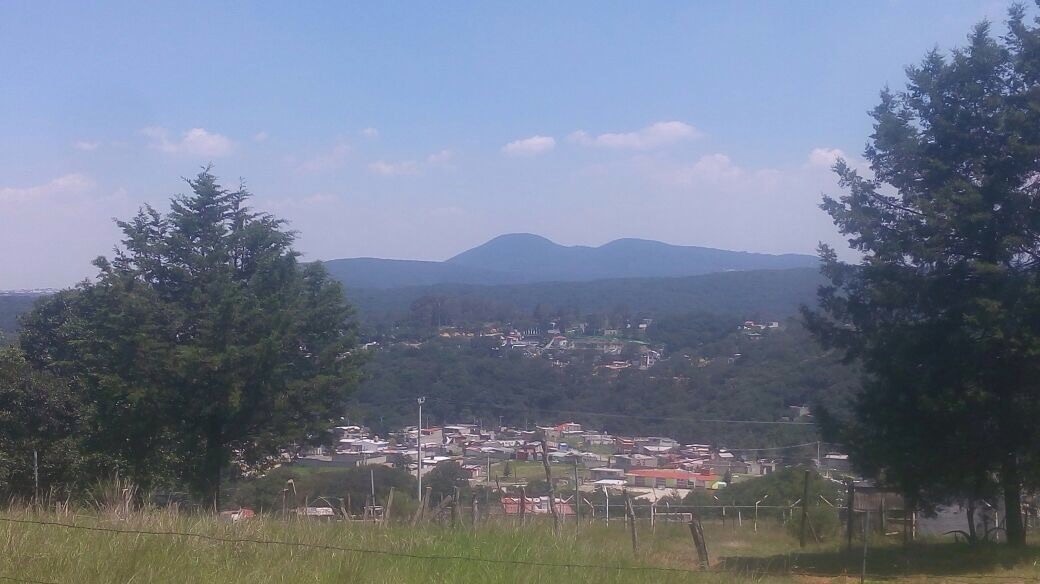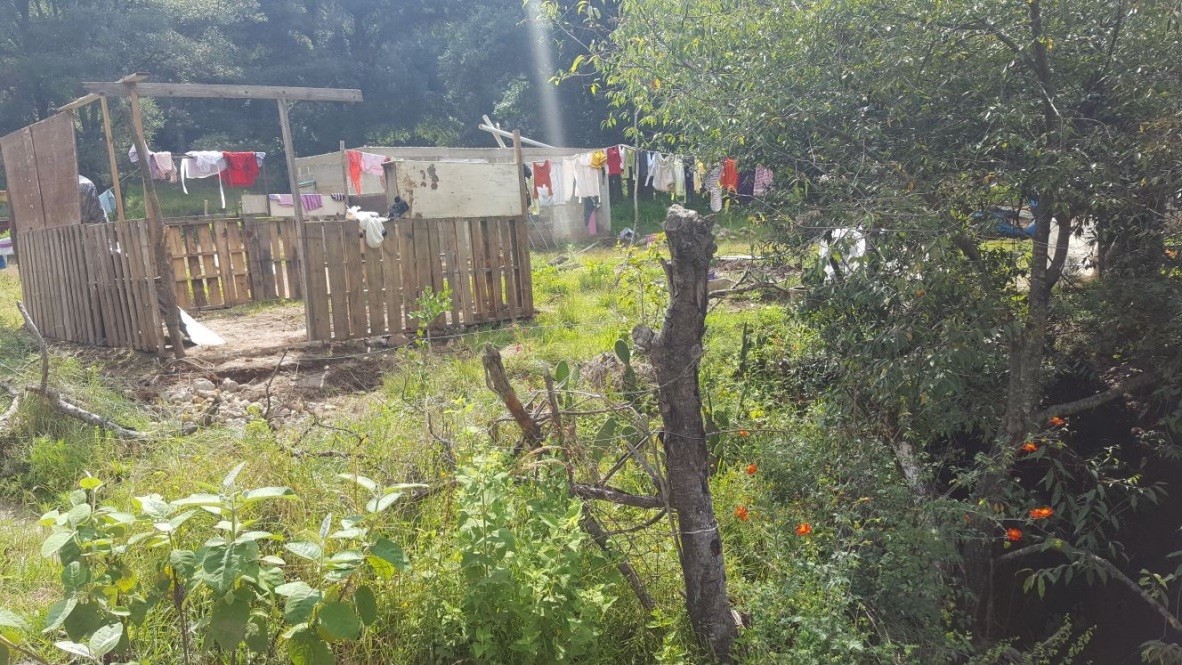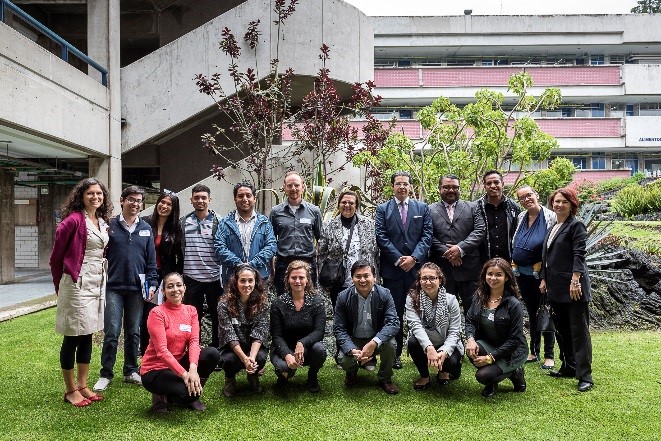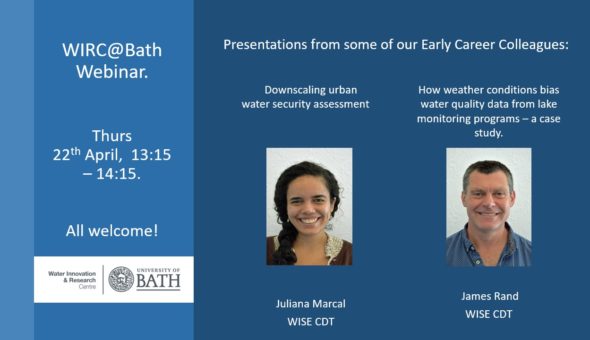The following post was contributed by Dr. Jannis Wenk, a Lecturer in Water Science and Engineering in the Department of Chemical Engineering.
From Friday September 1st to Thursday September 7th 2017 a delegation from WIRC @ Bath consisting of Dr Mirella Di Lorenzo, Dr Jannis Wenk and research assistant Claire Edward-Collins travelled to Mexico to explore the situation of drinking water supply in informal settlements in the peripheral region of Mexico City.
The trip was a central component of MAPwater, a 10-month research project funded by the Royal Academy of Engineering (RAEng), led by Dr Di Lorenzo. During the 6-day stay of the team, meetings were held with local NGOs to gain a better understanding of their activities in the area of water safety and security for supply of underprivileged communities in rural and semi-urban Mexico, as well as to develop further research and education approaches. Together with the NGO Fomento Mexicano, the team visited the rural settlement of Llano Grand in the wider vicinity of Mexico City. The settlement was chosen as a case study area because of the existing issues with water supply and the close contacts of Fomento Mexicano with the community.


The water problems in the community were discussed with local representatives. While in principle there is access to clean drinking water through bottled water and donation-based drinking water provision for the local school is in place, general access to safe and clean water is expensive. To collect water from the only well in the area a car is required. Lack of infrastructure is the main issue.
In addition, the community wants better advice on the cultivation of vegetables in green houses as well as education initiatives in the local primary school for rainwater harvesting because this is seen as a powerful approach to reach all families.
The wider aspects of the water issues in Mexico were discussed at a one day workshop that was organised by the Bath team and Mexican collaborators and held at the National Autonomous University of Mexico (UNAM). The workshop was attended by representatives of authorities, universities and NGOs, including CONAGUA, the national water authority of Mexico. The outcome of the workshop was the formulation of the most critical research needs to improve the drinking water situation in rural areas, as well as the agreement to further collaborate. As a first step, the Bath team and the NGOs Isla Urbana and Fomento Mexicano will develop an educational programme for the school children of Llano Grando focusing on rain water harvesting and environmental issues.
For further information on the project and the associated research please contact Dr Mirella Di Lorenzo or Dr Jannis Wenk.

Respond

